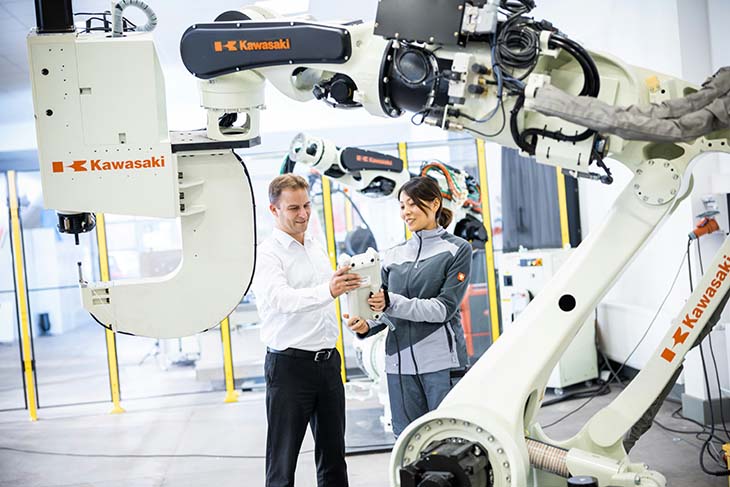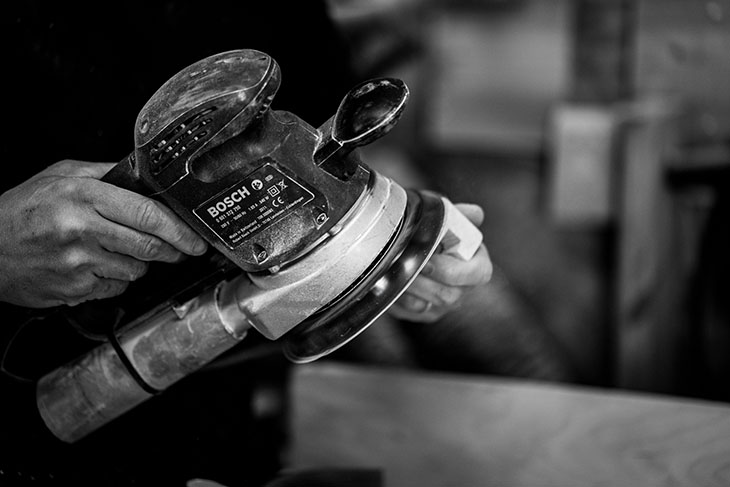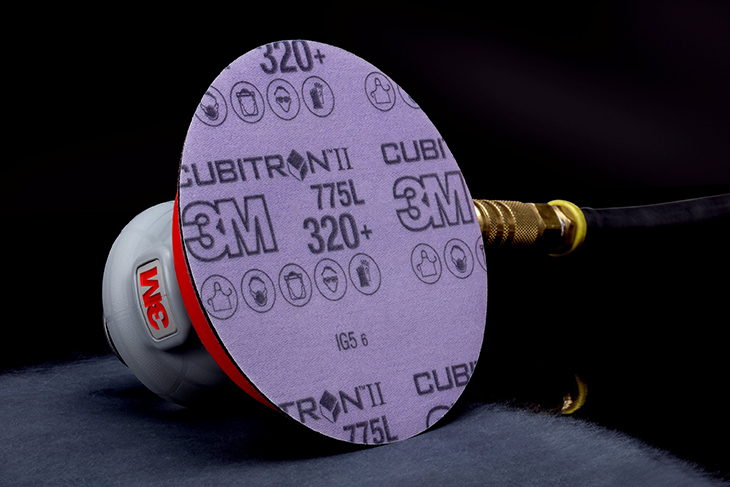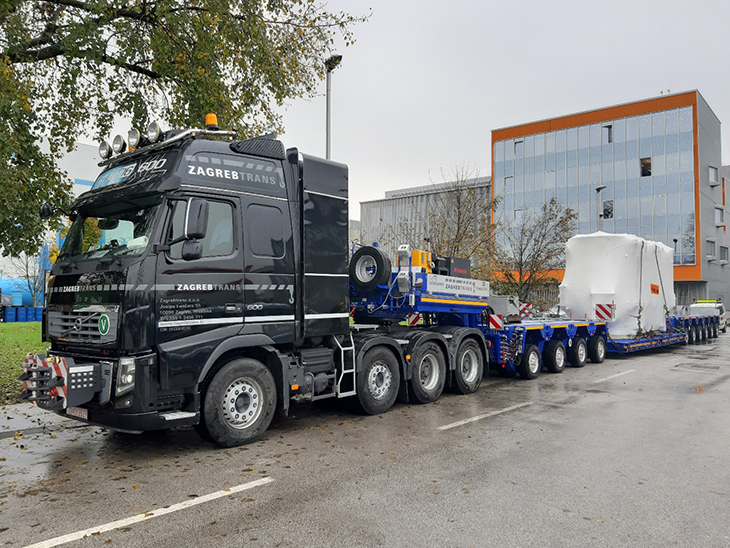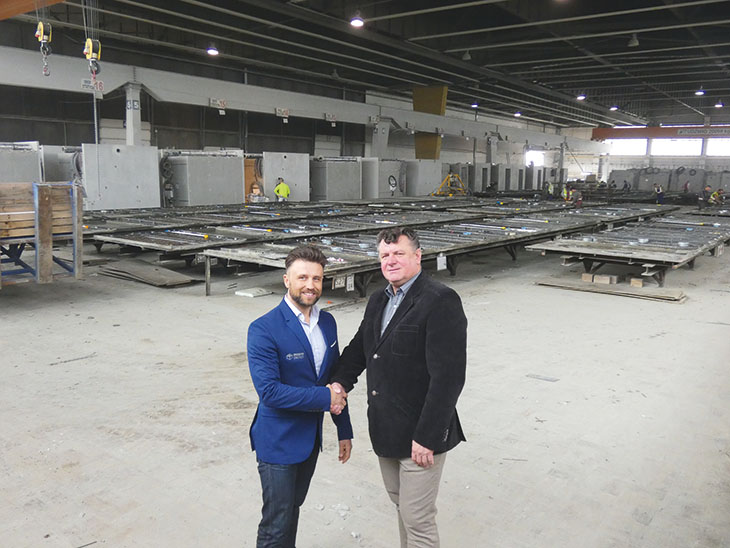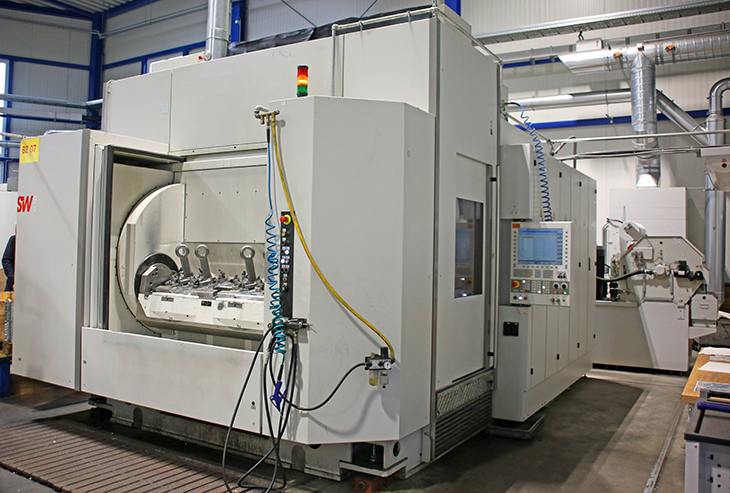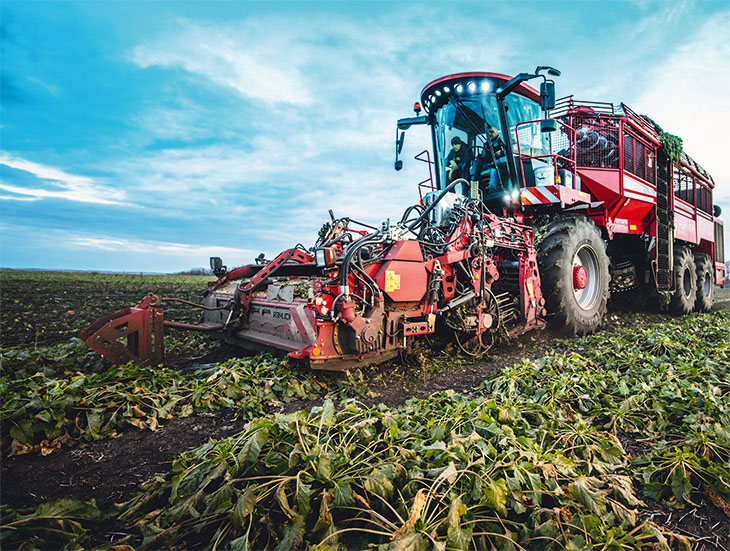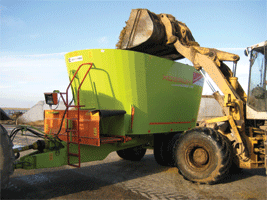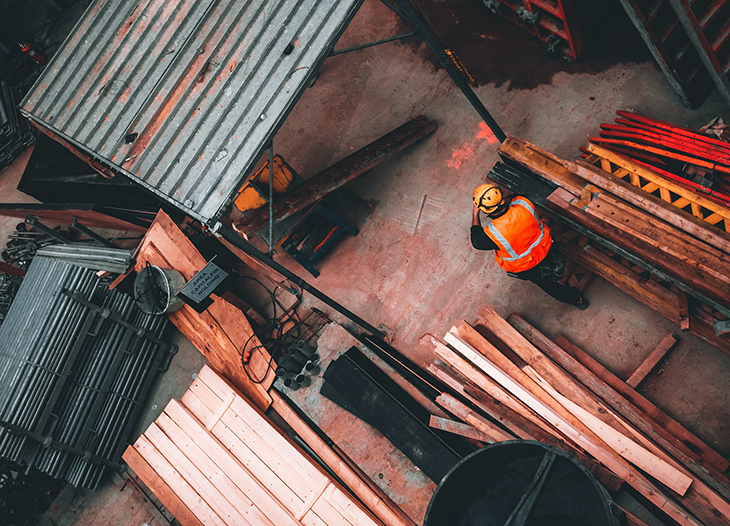Cobots, or collaborative robots, transform manufacturing by working directly alongside humans to boost efficiency and precision. Unlike traditional robots — which often require separate areas for safety — cobots have advanced sensors and safety features that allow them to collaborate closely with human workers.
Their role in quality control has been growing as manufacturers seek ways to improve accuracy and maintain consistency across production lines. Performing detailed inspections, identifying defects and ensuring uniform product quality help manufacturers reduce errors and streamline operations. These factors make them an invaluable tool in modern manufacturing.
Enhanced Precision in Inspection
Cobots leverage advanced sensors and AI to perform highly detailed inspections, ensuring precision in quality control. These robots — equipped with cameras and depth sensors — capture visual data, which allows them to locate specific targets and recognize objects through production environments.
The integration of AI enables cobots to analyze this data in real time and detect minor defects or inconsistencies in products. For instance, in electronics manufacturing, this technology can identify minute flaws in circuit boards or components. Meanwhile, they can spot imperfections in parts the human eye might miss in automotive production. This advanced capability ensures products meet stringent standards, reduces defects and improves consistency.
Increased Consistency in Quality Checks
Cobots maintain consistent performance in quality control and ensure uniform processes for high manufacturing standards. Taking over dangerous overhead tasks and repetitive operations allows these tools to reduce the workload for human staff. This improves workplace safety and ensures consistent output without the risks of human error or fatigue that can arise in repetitive tasks.
For instance, cobots can precisely measure and test product dimensions or material integrity. They can perform this task with unwavering accuracy and deliver excellent output time after time. Their ability to work tirelessly without errors leads to more reliable production outcomes. It elevates the overall efficiency of quality control processes.
Improved Efficiency and Cost Savings
Integrating cobots into manufacturing processes can greatly reduce the need for rework and minimize production downtime. Performing high-precision tasks lets these tools help detect defects early and prevent faulty products from moving down the production line. This reduces waste and the need for reprocessing, which can be costly and time-consuming.
However, preventive maintenance is crucial to maintaining their optimal performance. Regular checks help avoid issues such as software breakdowns, safety malfunctions and cable damage that could affect the cobot’s efficiency. Investing in this technology proves cost-effective in the long term, as their consistent accuracy in defect detection improves quality and reduces production errors.
Real-Time Data and Analytics
Cobots can collect and provide real-time data during quality control processes. They can offer manufacturers valuable insights into the performance of their production lines. This data includes information on product dimensions, material integrity and defect rates, which managers can analyze to identify patterns and areas for improvement.
Leveraging these insights allows manufacturers to implement continuous improvement strategies, adjusting processes to enhance efficiency and reduce errors. Additionally, cobots can support predictive maintenance by flagging early signs of equipment wear or performance dips. This empowers companies to address potential issues before they lead to costly breakdowns. For instance, analyzing trends in defect rates can help optimize production lines by pinpointing the source of errors. This ensures more consistent quality and reduces waste over time.
Safety and Collaboration With Human Workers
Cobots are designed to work safely alongside humans in quality control settings to create a collaborative environment without compromising safety. These robots have advanced sensors that detect unexpected contact, which allows them to immediately stop operations if they sense an obstacle or human interference.
This safety feature prevents accidents and ensures a smooth workflow. Handling repetitive or physically demanding tasks frees human workers to focus on more complex decision-making tasks requiring critical thinking and expertise. This collaboration enhances efficiency and improves work quality, as human workers can direct their attention to areas that demand creativity and problem-solving.
Embrace Cobots for Quality Control Transformation
Manufacturing professionals should consider cobots a powerful tool for elevating quality control. They offer unmatched precision, consistency and real-time data insights. Integrating this technology allows businesses to streamline processes, reduce errors and create a safer, more efficient production environment.









